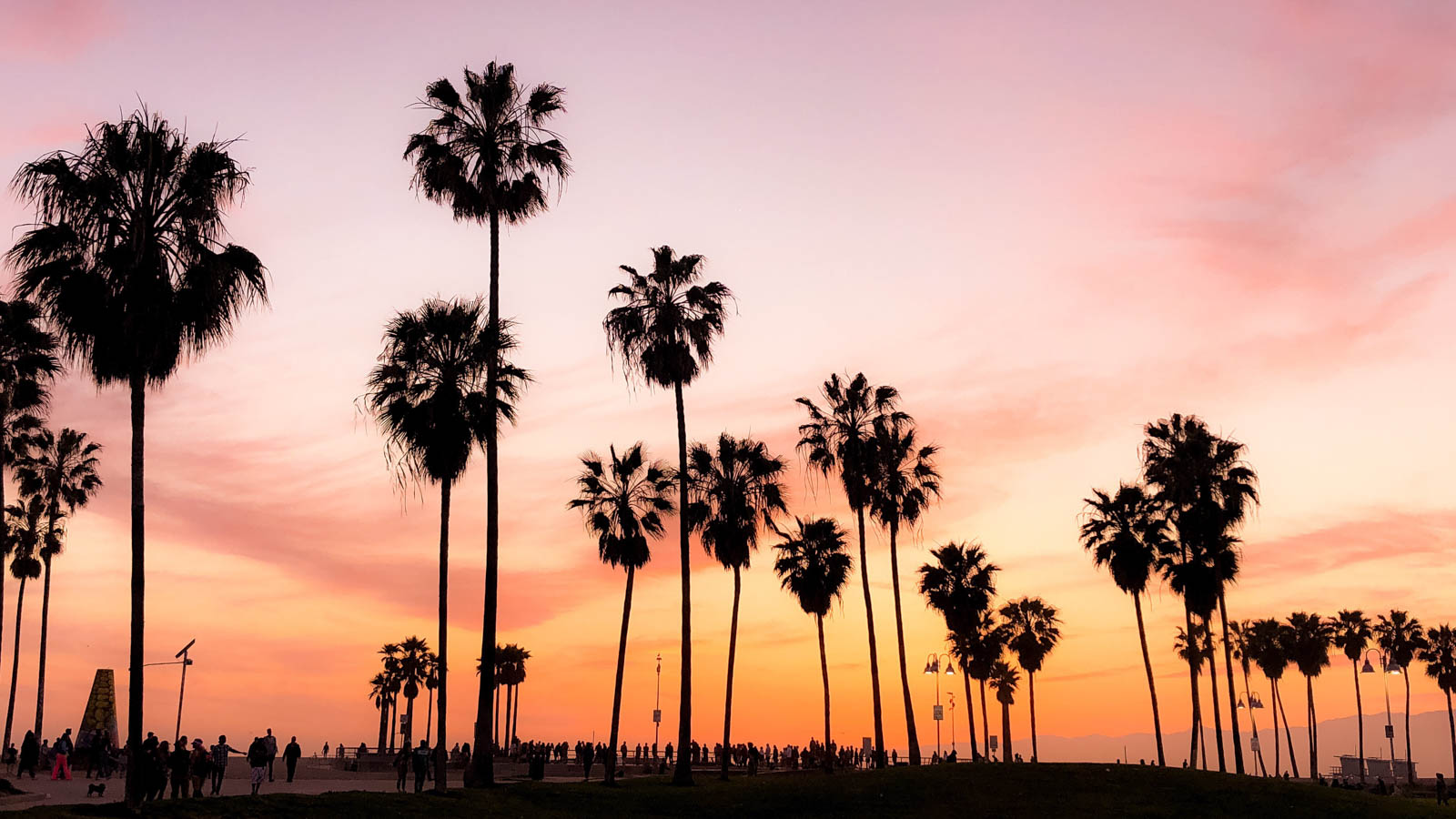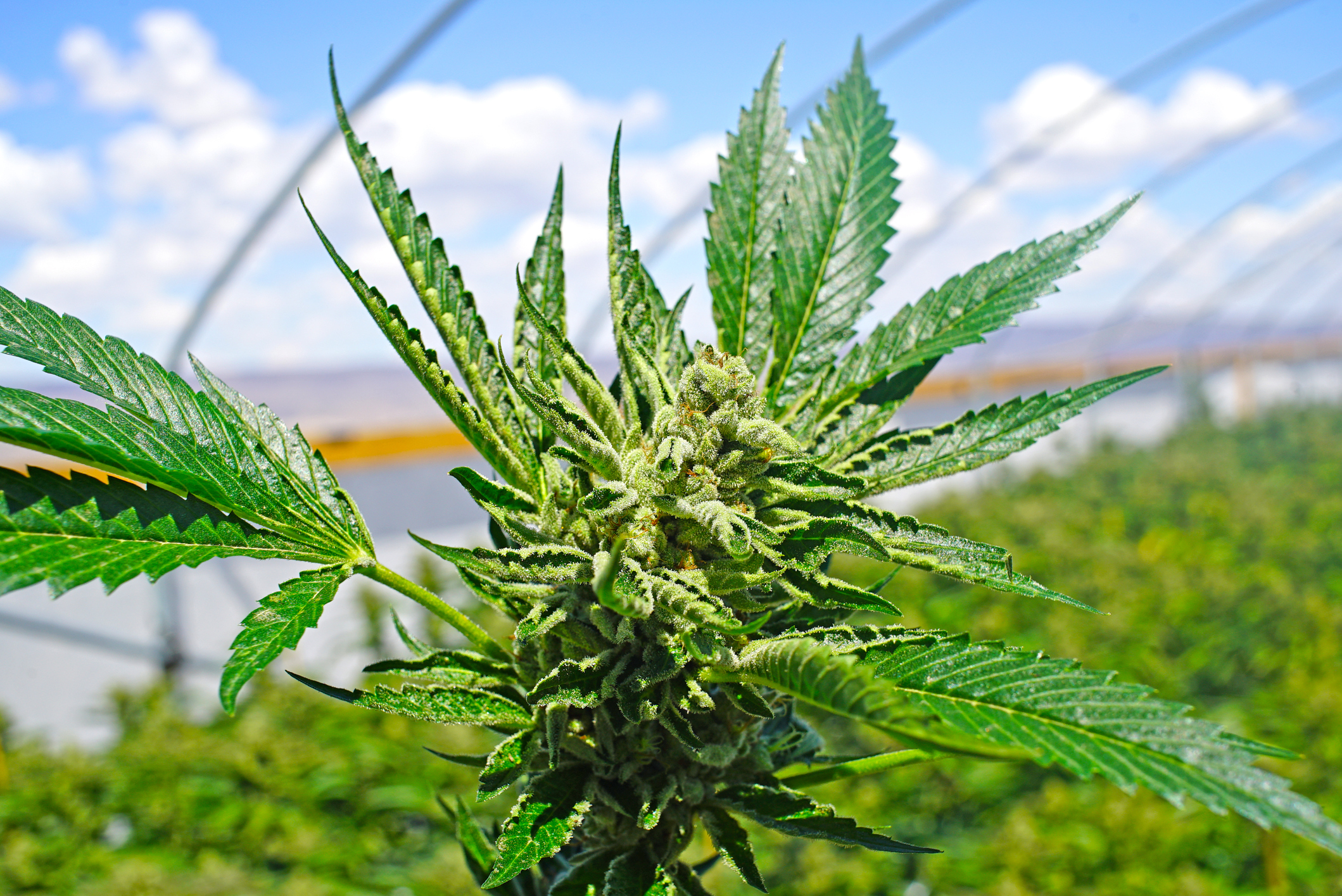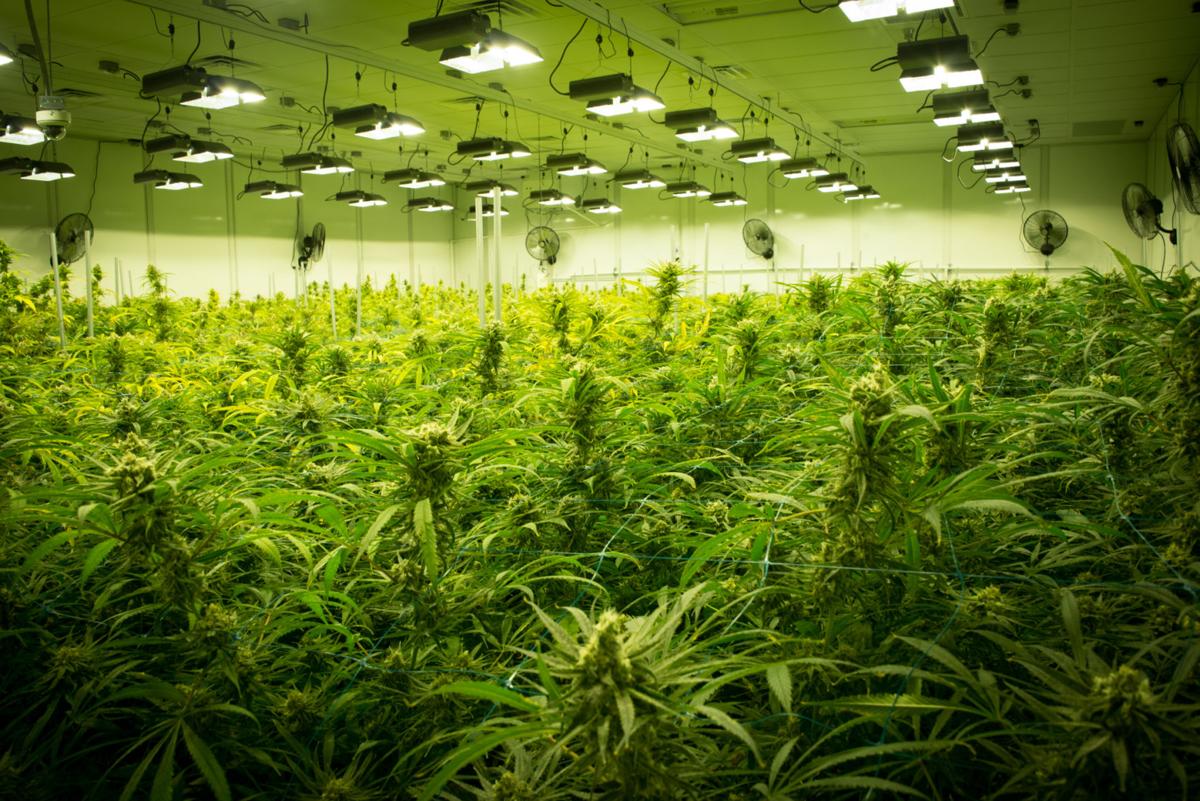
For cannabis-consuming travelers, a thought that often lives in the back of their minds as they plan a vacation or trip: Will they be able to use cannabis medicinally or recreationally? How will they get access to it? With more jurisdictions opening up legal adult-use markets, canna-travellers have a growing number of options to safely integrate cannabis into their travelling.
At the O’Cannabiz, a Toronto conference and trade show focused on the business of cannabis, a group of tourism professionals and cannabis entrepreneurs came together to discuss how these two industries can best work together and create options for cannabis-friendly tourists. One of the biggest takeaways from that discussion was that many people already use cannabis while they are travelling. What’s different now is that it is increasingly possible to do so completely legally, be it in Canada or Uruguay, or the ten U.S. states and handful of European cities where cannabis is legal. For cannabis and tourism businesses alike, this means there are new segments of consumers to cater to and old consumers with newly legal demands — both of which could open up lucrative new markets in legal jurisdictions.
One recent estimate found that Canada could have a cannabis tourism industry worth $2 billion, while data from 2015 found that 4% of all tourists coming to Colorado did so because legal cannabis motivated their trip. Which is to say that with more states legalizing, and Canada’s summer tourist season now upon us, that legal cannabis could be a boon for the tourism industry in North America.
Here are some of the biggest trends to watch as the cannabis tourism market begins to gear up:
1. Travelers Need Places to Consume Safely and Legally
One of the biggest hassles for consumers is that it’s not always easy to find places to consume cannabis safely or legally, even in jurisdictions where adult-use is allowed. Many jurisdictions impose restrictions on public consumption, and many hotels still have smoke-free policies in rooms and common areas. If travelers don’t plan on consuming edibles, this can leave them in the lurch when it comes to where to smoke. Even those who want to vape can be prevented form doing so by anti-public-consumption laws, or jurisdictions that regulated vaping in the same way as tobacco.
Abi Roach, who founded the Hotbox Cafe in Toronto 19 years ago, said that regulations in Canada make this difficult for consumers. “We have to create spaces for people to consume,” she said during the panel. But what’s also needed is all-in-one places where tourists can purchase, consume, and hang out.
Adult-use cannabis is legal in Toronto, as it is throughout Canada. However, marijuana consumption is forbidden in public parks and most public spaces where tobacco is also prohibited. (Photo by Sandro Schuh/Unsplash)
Danielle “Miz D” Jackson, who runs the tourism company Dvibz, stressed that cannabis-friendly accommodations will be a key demand of canna-tourists. “Airbnb operators have such an opportunity right now,” she said. She gets tired of having to look through the ad to see if someone declares that they are 420-friendly. “Why don’t you get a little leaf icon?” she asked, semi-rhetorically.
As it happened, Gordon Weiske, who was also speaking on the panel, announced that the company that recently announced it was launching Rolling Greens, the first cannabis-themed golf course, were in the process of launching a service called Cannabis Air, which operates essentially like Airbnb, but for cannabis-friendly listings.
2. Canna-tourism Will Integrate into the Existing Tourism Industry
A thriving cannabis tourism industry needn’t be an entirely new invention. Name a tourist attraction in North America — Banff National Park, the CN Tower, Hollywood Boulevard, and so on — and the odds are good that some sightseers have smoked up before checking it out. People have long smoked weed on their vacations, and tourism businesses should recognize that acknowledging that could attract more travelers.
Because tourists have been using cannabis for years, the name of the game is less about creating new models of tourism, but rather opening existing models up to the possibilities of legal weed. “We can’t come in tight this mindset that cannabis legalization is new, and all of the sudden cannabis is in hospitality and tourism,” Shaman Ferraro, CEO of tourism guide Gocanna, told Weedmaps News after the panel. “It’s been there for decades.”
The biggest change, Ferraro said, that most tourism businesses will need to be cognizant of is the regulations that exist around cannabis use. Places that have traditionally relied on alcohol sales as a revenue stream may need to adjust to people replacing their drinking with cannabis use, and staff at these attractions may need to get some extra training to spot things such as overconsumption or other risk factors . But, said Ferraro, one of the biggest things businesses can do to attract canna-tourists is simply to get out of their own way.
Many of the larger, multinational tourism-oriented companies such as hotel chains are likely to be slow in embracing their cannabis-using customers — partially, Ferraro pointed out, because they may be headquartered in the United States. But in legal states, local operators can carve out a niche for themselves that established them in the canna-tourism game.
3. Expect Cautious Approaches in the First Few Years
After California legalized weed, the festival-cum-Instagram-circus Coachella Valley Music and Arts Festival in Indio was the butt of many jokes after organizers decided to ban marijuana use on its grounds. That ban continued in 2019. But as Samantha Slattery pointed out, it’s not all that unusual. Major events like music festivals and parties are likely to take a cautious approach to allowing marijuana on their grounds, in part because of commercial restrictions and in part because of safety concerns.
Music festivals would seem to be 420-friendly, but generally most promoters and organizers do not allow marijuana consumption for public safety and liability concerns. (Photo by Aranxa Esteve/Unsplash)
“We’re all being very cautious on how we’re doing this,” said Samantha Slattery, founder of Capital Presents, a music festival consulting company that has worked with many of the major music festivals in North America. She said it was probably unlikely that a lot of music festivals will go all-in on weed by 2019, as some of the questions around policing, safety, and retailing are worked out.
Right now, Weiske said, “we don’t know what the rules are,” and many businesses are airing on the side of caution, lest they attract regulatory attention. But as more clarity is brought to those regulations, and as some are eased, Weiske says that cannabis “has the power to change old industries.”
4. Cannabis Tourists Will Vote with Their Dollars
The panel’s moderator, Brian Applegarth, founder and president of the California Cannabis Tourism Association, said that cannabis tourists form a powerful consumer base that has the power to shape the entire industry with its decisions and preferences. He likened it loosely to African-American and LGBT travelers in previous decades, who maintained somewhat-under-the-radar networks (such as the Green Book guide for African-American travelers in the U.S.) and gradually opened up more options by showing that they were a valuable demographic.
Businesses, Jackson said, “are becoming aware of what that market looks like.” And, she said, traditional industries are beginning to wake up to the lucrative possibilities. “The support is overwhelming.”
Feature image: Venice Beach, California (Photo by Viviana Rishe/Unsplash)















